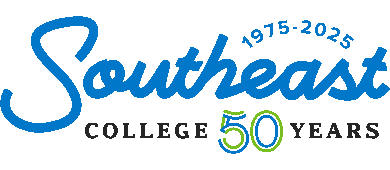Early Childhood Education Diploma Delivered part time – courses vary based on location
This application is for DOMESTIC STUDENTS only. International students apply here – Part Time ECE Application International
The Early Childhood Education Diploma program provides knowledge and skill development in establishing a safe, secure, and stimulating environment for children. You will develop an understanding of children’s varying physical, social, cognitive, creative, emotional development, and the importance of play as a vehicle for learning.
This accredited program meets the license requirement ECE III classification of the Child Care Regulations, 2001, Early Learning and Child Care Branch, Ministry of Education.
Graduates are prepared for employment as early learning and child care professionals in group care and education settings with children from birth to age 12. These settings include child care centres, pre-school centres, Kids First/Aboriginal Head Start, schools, family day homes and private homes.
Admission Requirements
- Grade 12 with English Language Arts A30 and English Language Arts B30
- English language requirements
Courses in this program:
ECE 100 Introduction to Early Childhood Education
You will study the values, roots, and the practice of early childhood education from an historical and global perspective. A holistic view of the child (including emotional, social, cognitive, creative, spiritual, and physical development) will be emphasized. The course provides an introduction to a variety of early childhood education models that are seen in Canada and in Saskatchewan. Building on this foundation, you will be introduced to the Project Approach and Emergent/Negotiated Curriculum as a basis of planning curriculum and the various ways they are implemented.
ECE 106 Role of Play in Early Childhood Education
You will learn about the role of play in the development of skills and abilities of young children. You will focus on the value of play in early childhood development programming and the role of the early childhood educator in expanding the play opportunities for children.
ECE 142 Health, Safety and Nutrition
Your studies will focus on creating environments and practices that contribute to the health, safety, and nutritional needs of children. You will study the physical development of children. You will also receive information that will assist you in identifying and addressing health and safety issues including abuse and neglect.
ECE 181 Observation of Children
The course combines theory and practical application to assist you in developing skills in observing and recording the behaviour of children. You will learn how to organize observations and document children’s interests, learning and development.
HUMD 183 Child Guidance 1
You will examine the strategies of developmentally appropriate child guidance. The role of the adult in anticipating and encouraging appropriate behaviour is emphasized. You will practice techniques for intervening with children while encouraging a co-operative attitude, a sense of autonomy, and a positive self-image.

